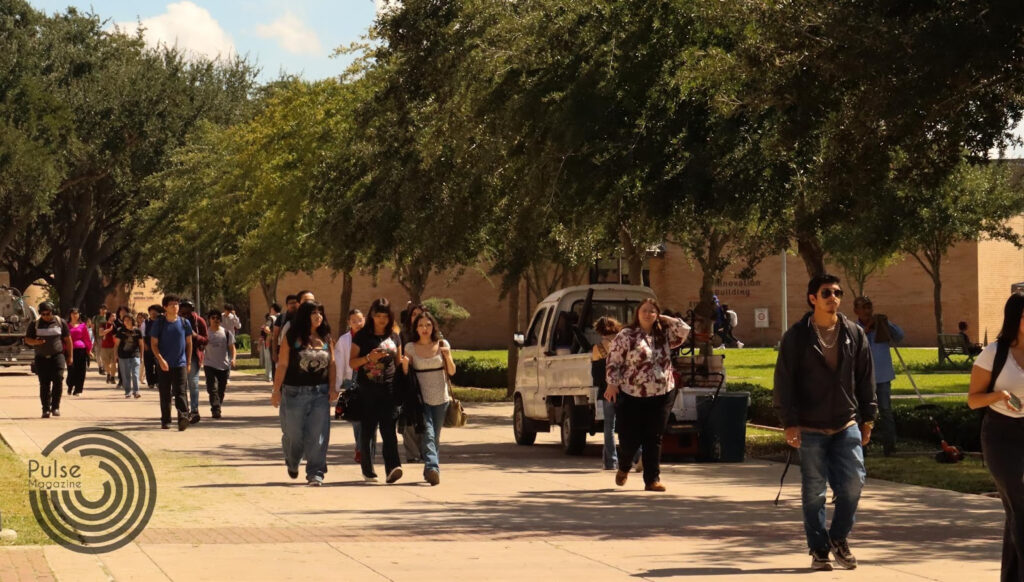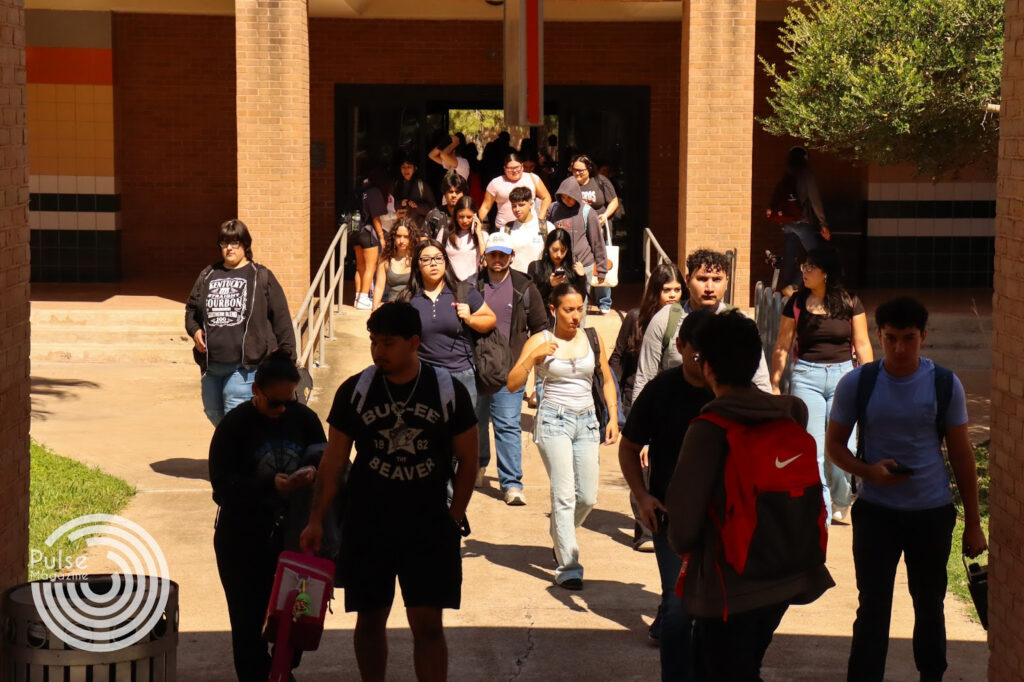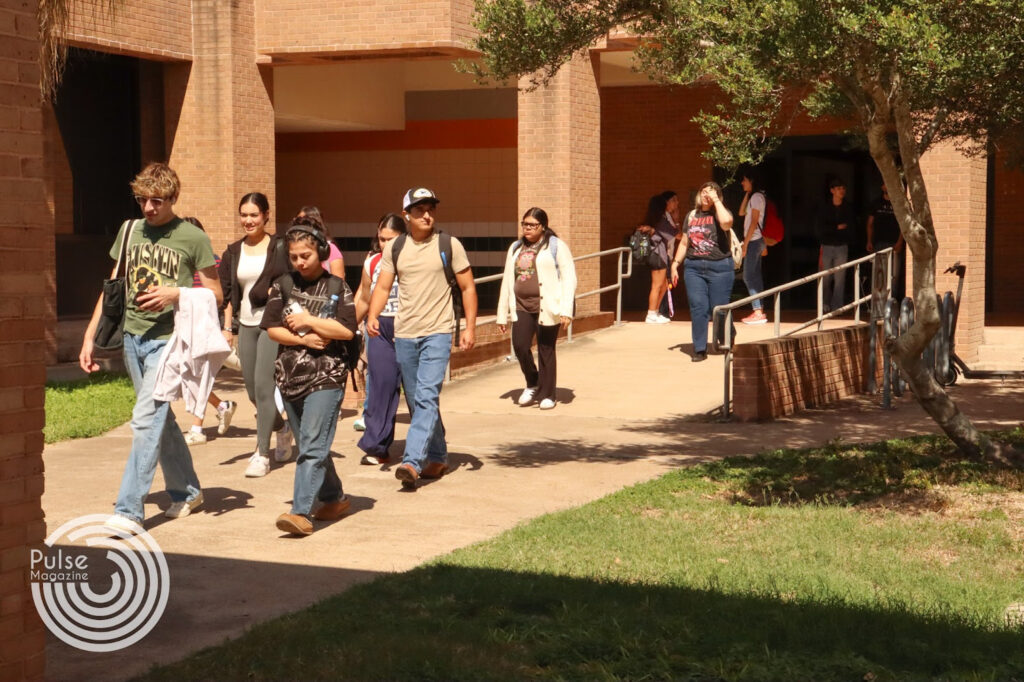DACA recipients face possible loss of work permits

Evelyn Tristan/Pulse
A UTRGV alumni and Deferred Action for Childhood Arrivals (DACA) recipient shares the struggles during the uncertainty of the possibility of work permits being removed in Texas.
Texas residents who are under DACA are waiting for a judicial ruling by Andrew Hanen, a U.S. district judge for the Southern District of Texas that could result in the removal of work permits.
The judge’s decision will only affect Texas, as no decision has been made in the other 49 states.
Alvaro Corral, assistant professor for the school of political science at the University of Texas Rio Grande Valley, said the decision greatly affects college students who are recipients of DACA, which grants them a work permit that may allow them to pay for college.
“If you’re a student, how are you supposed to pay for college?,” Corral said.
A DACA recipient, who asked to remain anonymous, said the possible ruling can have an “upending” effect on their life.
After graduating from UTRGV in 2020, the recipient took up a job as a marketing assistant for a real estate firm. This opportunity gave them the chance to financially support themself and family.
The uncertainty of the potential ruling made the DACA recipient prepare for an emergency, including having conversations with their employer to see their options moving forward. They are currently exploring the options of remote jobs or moving out of Texas.
“Having that work permit taken away is taking everything that I worked for,” the DACA recipient said.

Evelyn Tristan/Pulse
Alongside the population of Texas students who are affected, Corral said there are 90,000 individuals in the state of Texas who are under DACA.
As for the number of students at UTRGV who are DACA, Pulse reached out to the Office of the President for a statement, but did not receive a response at time of publication.
Aimeé Treviño, a criminal, family and immigration attorney, had some advice for what students can do right now.
While the ruling has not been officially made, Treviño said the first course of action affected students need to take is to update their DACA status.
“If they’re currently on DACA, definitely renew while you can as people who can still renew,” she said. “They’re just not looking at any new applicants.”
Treviño said students can also see if they can qualify for asylum or have a family petition, where family members can petition for an individual to have legal immigration status.
She also cites the possibility of Texas DACA individuals moving to another state for work, due to the ruling only affecting Texas.
For updates, she recommended looking at the Southern District of Texas’ court rulings website. Individuals who are affected can also visit the National Immigration Law Center site for updates.
Treviño’s final bit of advice is to “always reach out to an attorney because everyone’s situation is just a little different.”
The potential removal of DACA work permits comes after a previous overturning of the Texas Dreamers Act.
According to Corral, it is a 2003 law that provided undocumented students the ability to pay state tuition rates for university up until June 4. of this year, where it was overturned by U.S. District Judge Reed O’ Connor.

Evelyn Tristan/Pulse
According to the Presidents’ Alliance on Higher Education and Immigration, DACA only applies to individuals who have been living in the United States continuously since June 15, 2007. Because of this, it can be said that while all DACA recipients are considered “Dreamers,” not every Dreamer is a DACA recipient.
“This is quite the multipronged attack on undocumented residents of Texas who are seeking higher education,” Corral said.
He said as for why this ruling only applies to the state of Texas, this case is a little unusual.
Whenever the U.S. Supreme Court makes a decision, that decision usually becomes a nationwide injunction that would apply to all states in the country.
However, according to Corral, the judicial branch has recently been operating where the injunction formed by the rulings of cases pertains only to the state in which they have been put forward.
The DACA recipient said there is fear within the community of people under DACA that Hanen is most likely going to rule against work permits. This is due to his previous stance of a reinforcing of DACA by the Biden Administration ruling in 2022 being unlawful.







